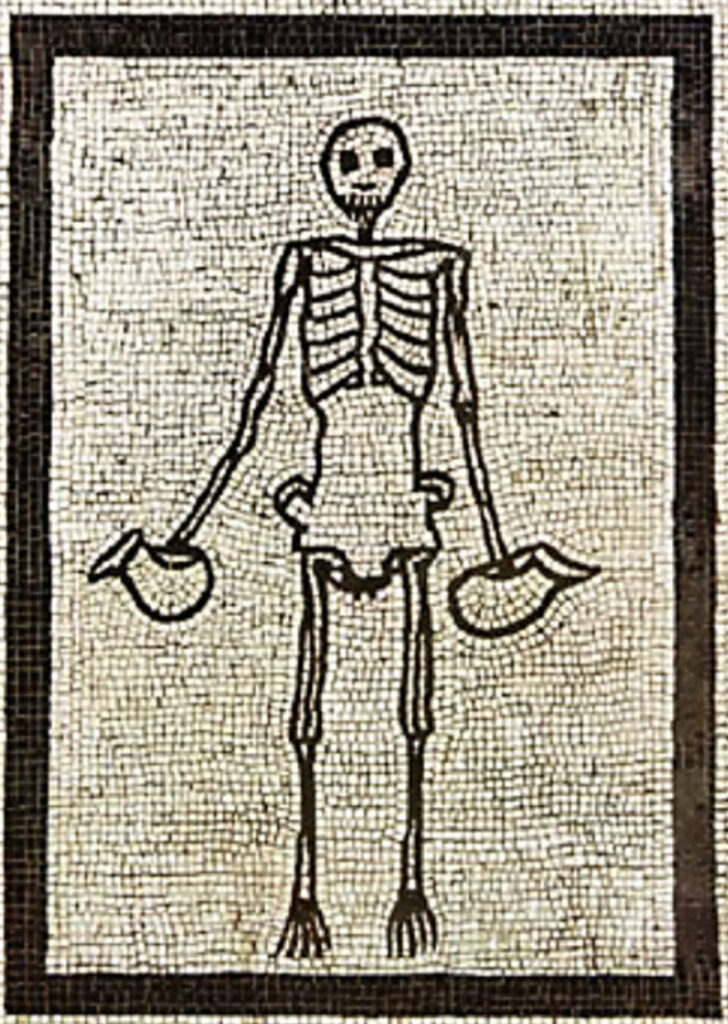I’ve been rereading Petronius’ Satyricon, to take my mind off the imminent death of democracy in America. It’s not working that well, because Trimalchio (the wealthy boor who is the anti-protagonist of his own episode in the novel) keeps reminding me of Trump. Which is really unfair to Trimalchio, a man who used to work for a living and apparently had some business sense, unlike the Orange Buffoon.

I just got to the part where Trimalchio has a giant boar brought in on a serving dish, accompanied by long-nosed hunting dogs and servants dressed as hunters. A big guy jumps forward with a hunting knife and slashes open the boar’s side, and a bunch of turds fly out. Sort of.
barbatus ingens, fasciis cruralibus alligatus et alicula subornatus polymita, strictoque venatorio cultro latus apri vehementer percussit, ex cuius plaga turdi evolaverunt.
—Petronius, Satyricon 40
“A huge bearded guy, with bands tied on his legs and wearing an embroidered shirt, drew a hunting knife and savagely struck the side of the boar. From that wound, thrushes flew out.”
Latin turdus means “thrush” (and is in fact cognate with the English word). But when I see the Latin word I always think first of English turd, and it renders a completely wrong image.
The AHD says that English turd goes back to *PIE *der– “tear” and is associated with words for skin and leather (e.g. the derm– in dermatologist, from Greek δέρμα “skin”). Apparently turd originally meant “discarded scraps” and was used as a euphemism for shit.
One good thing about this scatological homonym: if there were a Latin translation of The Man from U.N.C.L.E., the crappy organization that the bad guys work for would be TURDUS.

